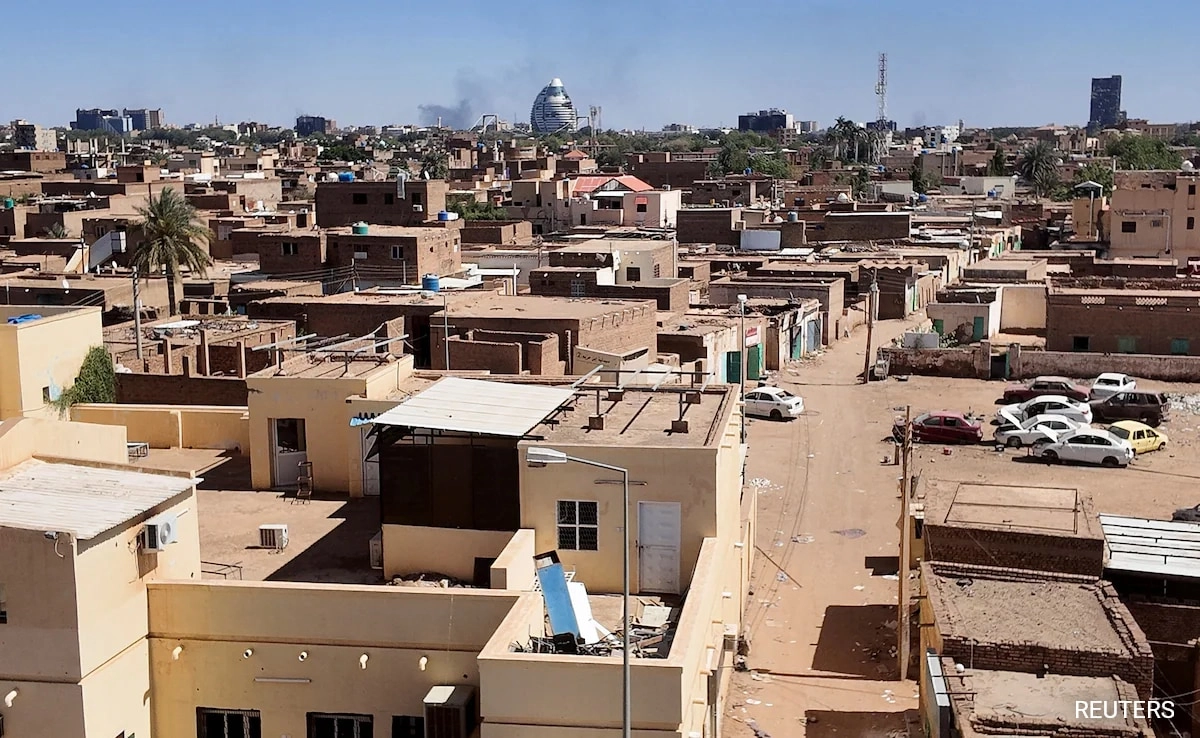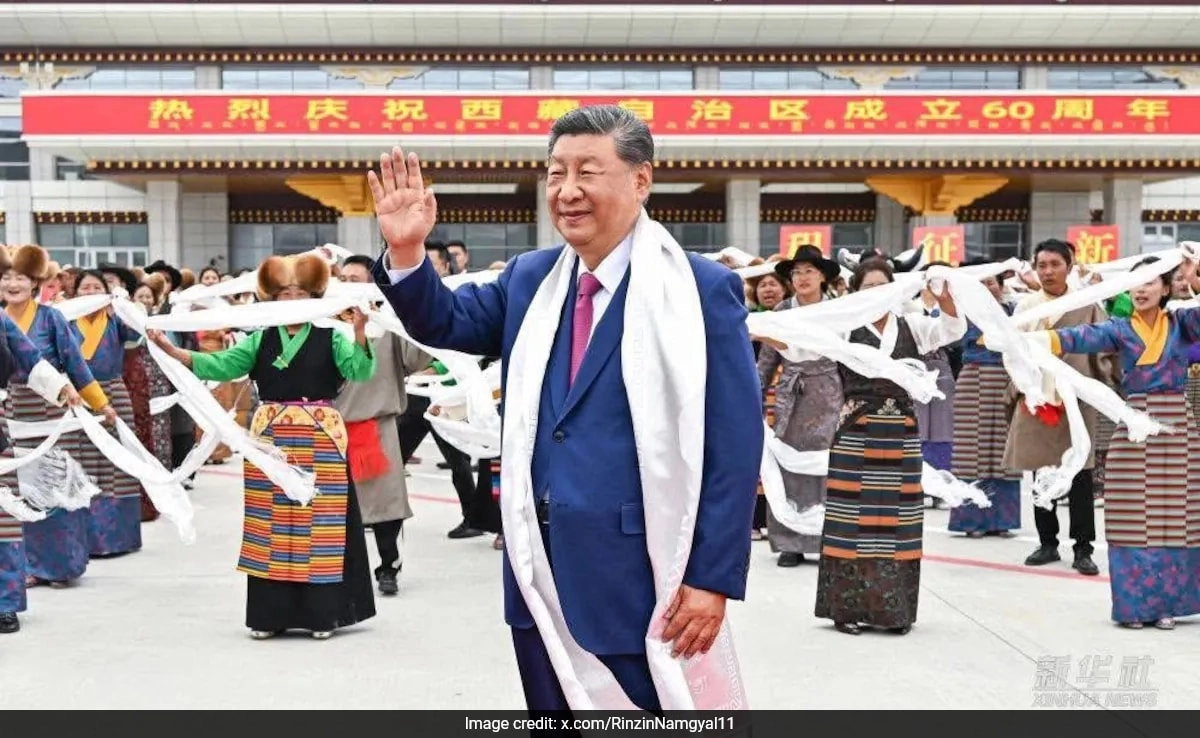In recent weeks, Sudan has witnessed a tragic escalation of violence, resulting in the deaths of over 100 civilians due to attacks by paramilitary forces. The situation has drawn widespread condemnation from human rights organizations and the international community, as the brutal assaults have targeted innocent civilians, exacerbating an already dire humanitarian crisis in the region. The paramilitary groups, often operating with impunity, have been implicated in a series of violent confrontations, leading to significant loss of life and further destabilizing an already fragile political landscape.
The ongoing conflict in Sudan has roots that extend deep into the country’s tumultuous history, characterized by power struggles, ethnic tensions, and socioeconomic challenges. As these paramilitary forces intensify their operations, the impact on local communities is devastating. Families are being torn apart, and essential services are collapsing under the weight of violence and fear. The displacement of populations is escalating, with many fleeing their homes to escape the chaos, seeking refuge in overcrowded and under-resourced areas, which only compounds their suffering.
The international response has been marked by calls for accountability and urgent humanitarian assistance. Human rights advocates are urging the global community to intervene and hold those responsible for these atrocities accountable. The plight of civilians caught in the crossfire of this conflict underscores the urgent need for a coordinated response that addresses both the immediate humanitarian needs and the underlying issues fueling the violence. Without decisive action, the cycle of violence in Sudan is likely to continue, leaving countless civilians vulnerable and at risk. The world watches closely, hoping for a resolution that prioritizes peace, stability, and the protection of human rights in Sudan.




